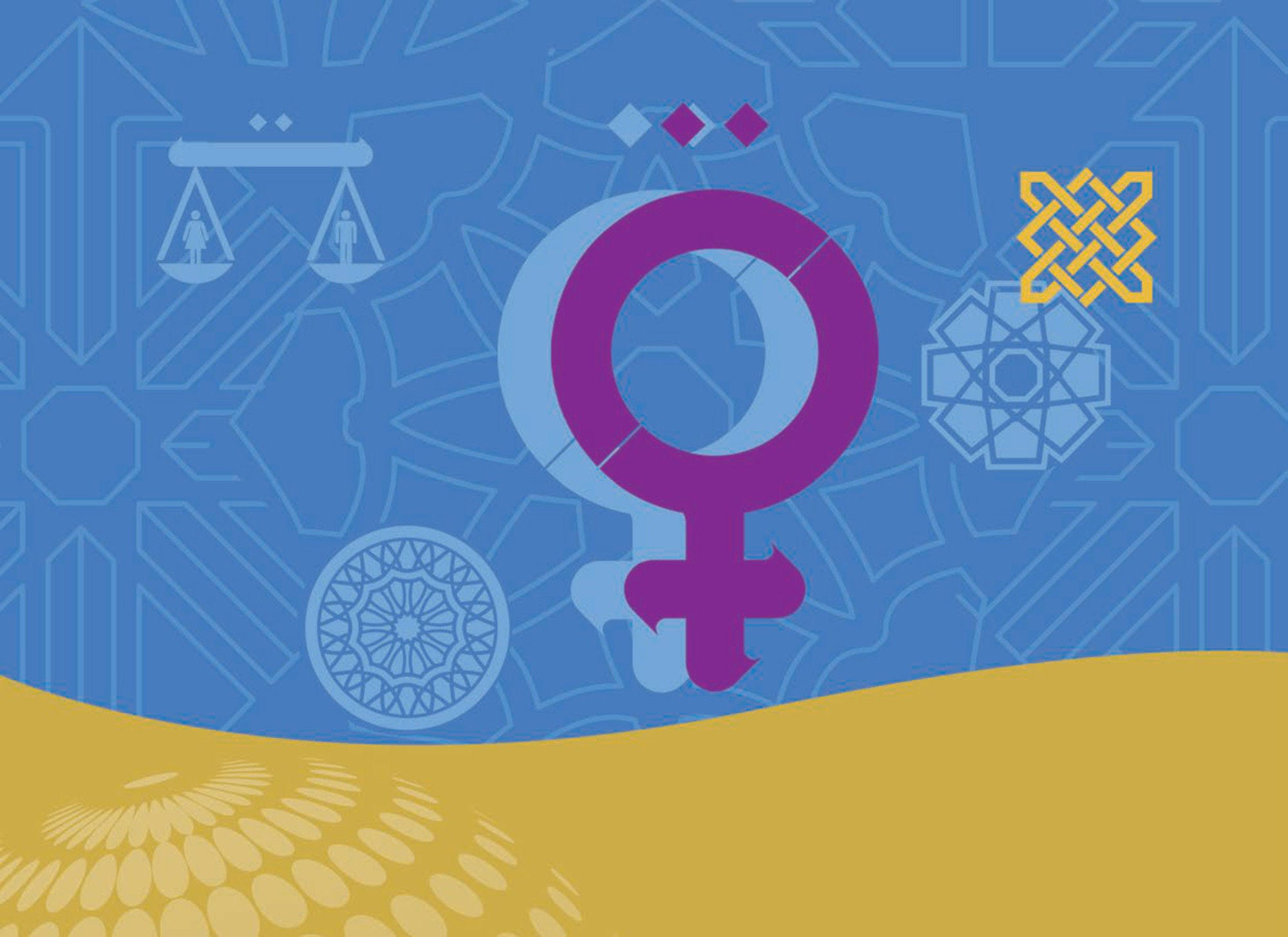As the COVID-19 pandemic and the resulting jobs crisis evolve, the need to protect the most vulnerable becomes ever more urgent. One of the most vulnerable yet resilient groups are women. The pandemic has highlighted the fundamental role of women worldwide in responding to one of the most challenging crises of our lifetime. While women have been fighting at the forefront of the pandemic as health providers, they have also been the most affected by its consequences. They have taken on the lion’s share of the care burden, are more vulnerable to being side-lined from the formal labour market and are victims of increasing gender-based violence. The crisis has also widened pre-existing gender gaps in pay, skills and leadership.
However, with countries facing the possibility of a deep recession ahead, it is time to lift the remaining barriers that impede women’s full participation in the economy. Women’s economic empowerment is not just a human rights issue, it is a powerful incentive that governments must use to get their economies back on track and to deliver on the 2030 Agenda for Sustainable Development. Even before the crisis, estimates showed that if women played an identical role to men in labour markets worldwide, USD 28 trillion could be added to the global annual gross domestic product (GDP) by 2025. The Middle East and North Africa (MENA) region could add as much as USD 2.7 trillion to its GDP by following suit.
The MENA region’s trajectory towards greater women’s economic empowerment is clear but complex. On the one hand, women in the region are increasingly well-qualified and motivated to enter the job market. They are more educated than ever before and, in some countries, have overtaken the rates of men in tertiary education. Algeria, Tunisia and Oman even achieved gender parity in sciences, technology, engineering and mathematics degrees in tertiary-level education, outperforming OECD countries where women accounted for 31% of all graduates in these subjects. Yet social norms and legal frameworks continue to constrain women’s access to economic opportunities. Overall, women’s economic participation in the region remains frustratingly low. The average rate of female labour force participation in MENA stands at 20%, while the world average is almost 48%. The region also has the widest gender gap in entrepreneurial activity. Furthermore, the economic downturn that is resulting from the COVID-19 crisis is likely to hit women the hardest. The sectors which are overexposed to the collapse in economic activity comprise a sizeable share of female employment.
Yet, the momentum for change in the region is palpable. Economic, legal and policy reforms, as well as the increasing mobilisation of both women and men for greater gender equality, testify to a growing conviction that now is the time for women to take their rightful place in the economy and in societies more broadly. Policymakers are also realising that to make this happen, reforms must touch upon all policy areas and must include a gender lens. Gender equality perspectives should be at the heart of these transformation processes across the region.
This study is the fruit of years of collaboration between the OECD and the MENA region, through the MENA-OECD Competitiveness Programme; and the International Labour Organisation’s (ILO) long-standing work on gender equality in the world of work.
Its main objective is to offer concrete implementation tools to policymakers to ensure that reforms can have a real impact on the ground. The study takes stock of the growing momentum for gender equality in Egypt, Jordan, Morocco and Tunisia; where legislative, policy and institutional reforms have been driving change in recent years. It also features case studies of innovative initiatives that are transforming reforms into concrete actions for women’s economic empowerment in these four countries. In addition, the study seeks to draw practical conclusions to better understand the factors and tools that can increase the take-up on reforms in the region and beyond.
The OECD, the Centre of Arab Women for Training and Research (CAWTAR) and the ILO have joined forces – with the support of numerous local, regional and international experts – to produce this study, which captures the potential of a region on the move towards greater economic empowerment of its women citizens. We reiterate our commitment to supporting champions across the MENA region in their efforts to achieve more gender-equal societies. We hope this study will be a useful resource for the region, and for all countries seeking to unlock women’s potential for the benefit of all.
Angel Gurría
Secretary-General
Organisation for Economic Co-operation and Development
Soukaina Bouraoui
Executive Director
Centre of Arab Women for Training and Research
Guy Ryder
Director-General
International Labour Organization
